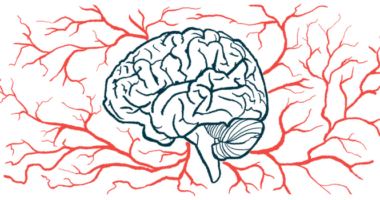ORSA Grants Support 2 Rett Research Projects in Canada

luchschenF/Shutterstock
The Ontario Rett Syndrome Association (ORSA) announced the awarding of two grants to support research into Rett syndrome in Canada.
According to an ORSA press release, grants totaling CA$78,750 (about $62,800) will be given to two selected projects. The funding comes from The Hope Fund, which ORSA established in 2014 to help support Rett syndrome research in Canada.
To date, The Hope Fund has given more than CA$600,000 in funding to research efforts into the disease across the country.
One grant — worth CA$25,000 plus indirect costs — was awarded to Alex Weber, PhD, for a research project titled “Functional, Metabolic, and Structural MRI Findings in Rett Syndrome.”
Weber, a neuroimaging scientist, is a relative newcomer to the field of Rett research in Canada. His project will use MRI data — that is, images of the brain — collected from people with and without Rett syndrome to look for changes that are related to the disease. The association between MRI findings and the clinical severity of Rett syndrome also will be explored.
Weber’s project will focus mainly on the brain’s white matter tissue. The brain can be roughly divided into two types of tissue: grey matter, which are the bodies of neurons (nerve cells), and white matter, which contains the projections that neurons in different regions of the brain use to communicate with each other.
According to the release, this will be a relatively small pilot study. The hope is that findings from this project will support applications for larger grants from government agencies to expand the research.
The second grant — worth CA$50,000 — was awarded to Mojgan Rastegar, PhD, for a project titled “Targeting the molecular and structural abnormalities of brain cells for Rett Syndrome.”
Rastegar is “a very prominent Rett syndrome researcher in Canada who has shown passion, dedication, and persistence toward Rett syndrome research,” ORSA states in the release. Her lab uses a combination of animal models, cell models, and analyses of human brain tissue to study Rett syndrome.
In this project, Rastegar and colleagues will explore whether the molecular and cellular changes in Rett syndrome occur uniformly throughout the brain, or are more region-specific. The team will also further assess metformin, a medication used to treat diabetes, for its potential applications in Rett syndrome.
ORSA is a volunteer, not-for-profit charity that advocates for the needs of those affected by Rett syndrome. Grant applications were evaluated by the association’s research advisory committee, which includes neurologists, geneticists, and scientists across Canada.







